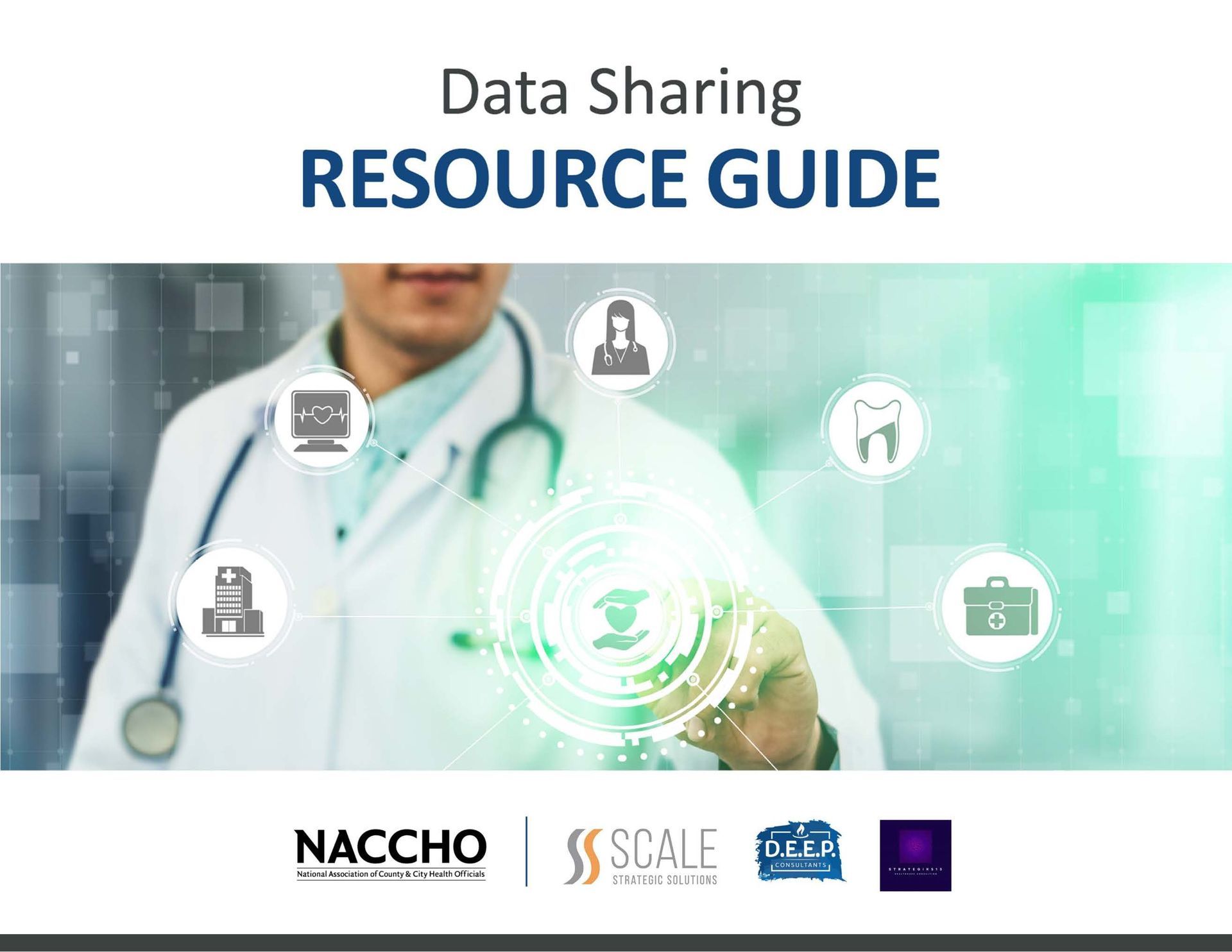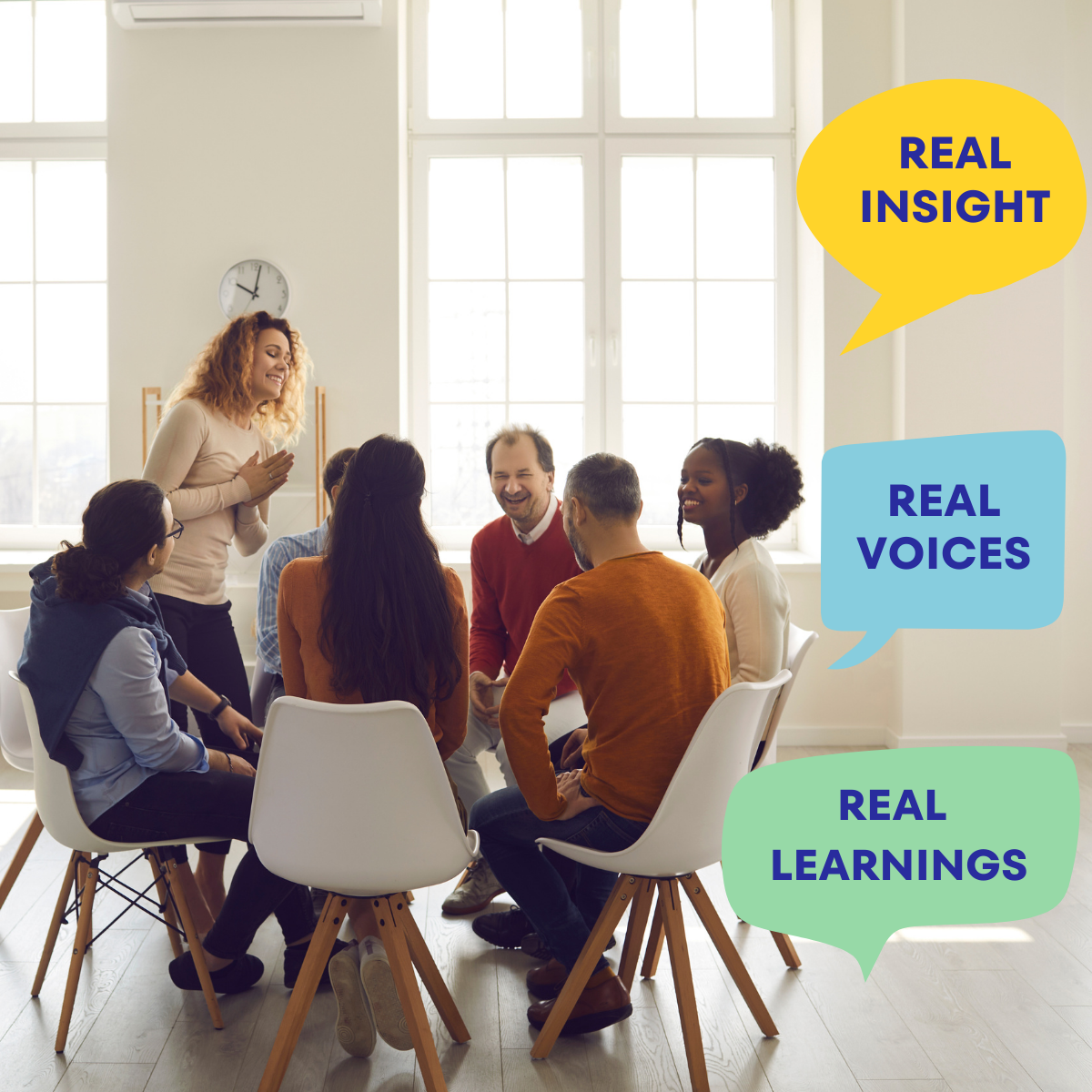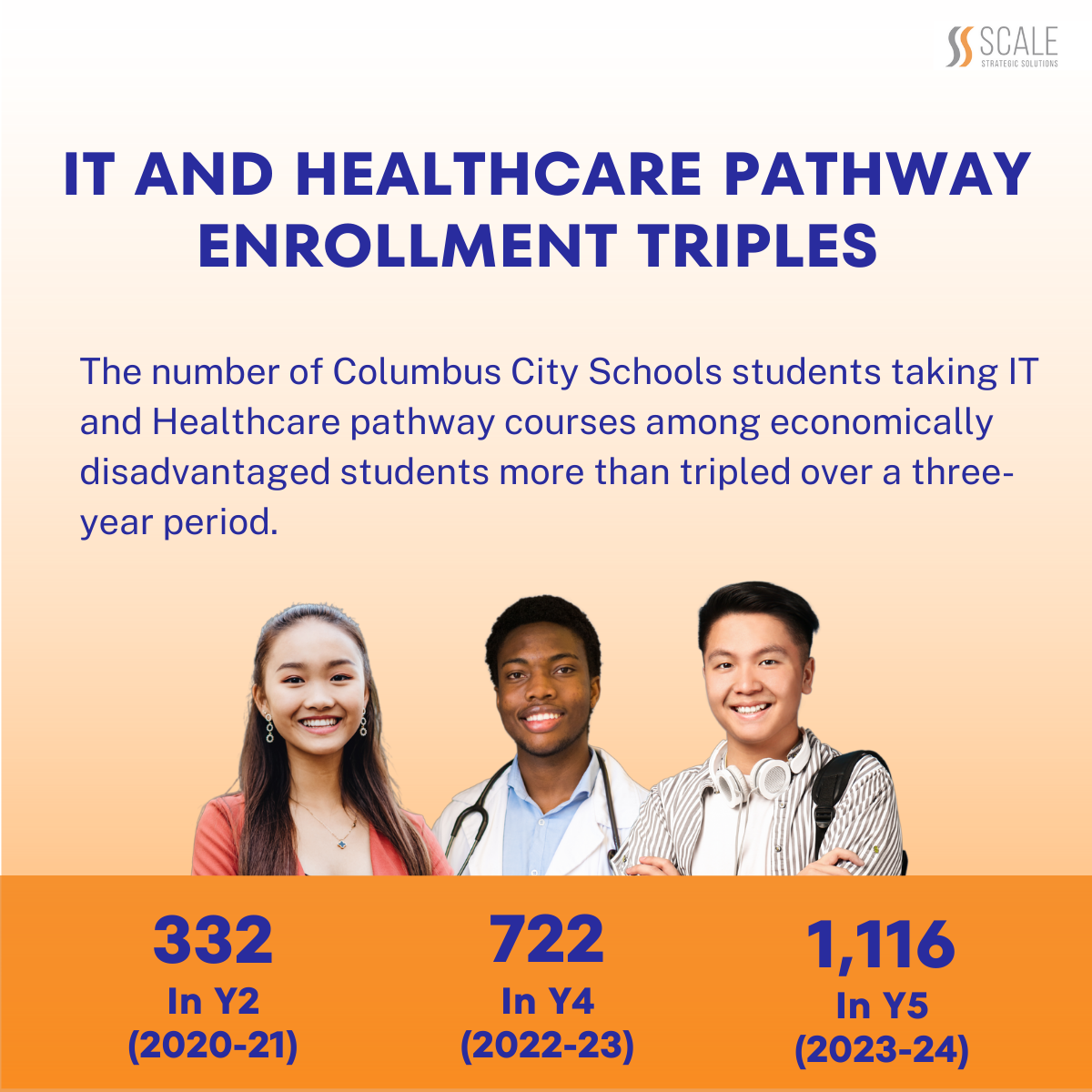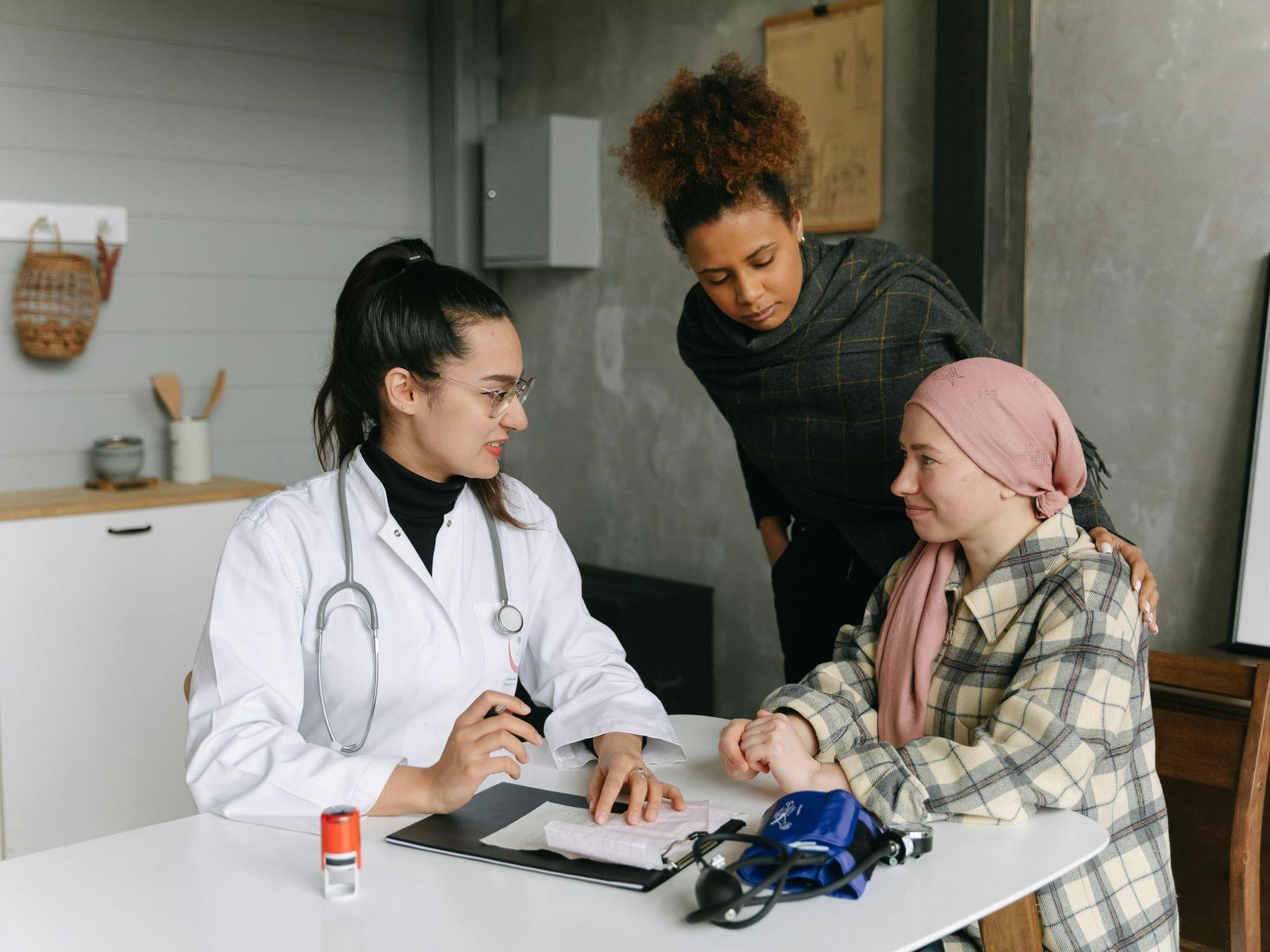Making Good Things Happen
A blog that informs our clients about real world topics related to what we do as Scale Strategic Solutions!
Pursuing Data Equity and Justice
By Calista H. Smith

As a firm that transforms information into action, Scale Strategic Solutions is responsible for collecting and using information with integrity, fairness, and justice. This effort goes beyond intention to reflecting on our practice and embedding approaches to justice in our work. Societies all over the world are figuring out how to move further along the “arc of the moral universe as it bends towards justice,” to paraphrase Dr. Martin Luther King, Jr. As our technology advances, we are now disabused of the notion of its neutrality since its artificial intelligence is built on the inequities, discrimination, and bias of our real collective experiences. Just look at what happens in algorithms in financial services
and healthcare. The evolving literature on data justice--the relationship between big data, artificial intelligence, social justice, and decision-making---is critical to strategic decisions, capacity building, research and evaluation.
Reflecting on the American Evaluation Association’s AEA365 blog Decolonizing Evaluation Week
this month, we must understand the different ways of knowing and shifting beyond colonial paradigms of understanding and valuing information. There are so many rich ways of comprehending our world to cultivate practical solutions. Being equity-minded, just, and inclusive is an ongoing effort requiring continuous improvement, hard work, and a commitment to growth. In the execution of our work, these are just three of many questions we pose in our Data Equity and Justice Framework:
1. Where do we need to be vigilant about using inclusive and just language?
Changing language may seem like a simple act but it requires conscious, consistent choices. For instance, we use the terms ‘allowlist’ and ‘denylist’ instead of ‘blacklist’ and ‘whitelist’ regarding technology permissions. The terms ‘whitelist’ and ‘blacklist’ have been so commonplace to talk about what emails or websites get through to users. We have become vigilant internally and with partnerships to use clearer, more accurate language that avoids perpetuation of negative and positive associations with color. In fact, terms like ‘allowlist’ and ‘denylist’ are more accurate for the intended use.
2. How do we maximize visibility to the original voices while maintaining privacy?
In the past, it may have been common to reference the data of a small group as ‘statistically insignificant.’ However, that approach heightens ignorance. We have committed to referencing small numbers in disaggregated studies as ‘n less than a number x’ so that we do not run the risk of disclosing identity, but we do not act if those groups do not exist. With qualitative data, we strive for ways to highlight the direct voice and quotes so that people speak for themselves and the evaluators are not always speaking for them. We are practicing data collection and engagement approaches that are participatory in nature.
3. How do we grow in awareness and knowledge?
We all have biases, and we all must hold ourselves and each other accountable to mitigating those biases. Confirmation bias is particularly threatening in our space as we may run the risk of interpreting new evidence as a confirmation of our own pre-existing beliefs. We have to grow in our knowledge of inclusive practices and strategies and of various cultures and human experiences. Our team is committed to learning. One of the resources we are starting to read is Research & Reconciliation: Unsettling Ways of Knowing through Indigenous Relationships
by Wilson, Breen, and DuPré.
Our pursuit of data equity and justice is beyond a slogan and is parallel to many journeys to grow and excel. As we proceed on this journey, we look forward to learning from our participants and collaborators so systems and communities can become life and liberty enhancing for all. We are also beginning to share our approach and learning with others as they build their organizational capacity.

The end of the year invites us to pause, reflect, and appreciate the tools, resources, and rituals that help us do impactful work. At Scale Strategic Solutions, we spend our days turning information into action, supporting businesses as they clarify their vision, understand their impact, and strengthen their systems.

In today’s data-driven world, local health departments (LHDs) play a critical role in shaping community health and advancing equity. Yet, to do this effectively, they need more than just national trends, they need access to localized, granular data that reflects the real conditions on the ground. Data sharing is not only a technical challenge but a strategic community-focused practice. When LHDs collaborate with community organizations such as schools, hospitals, social service agencies and law enforcement, they unlock new pathways to address public health challenges more effectively. Local data allows communities to identify emerging health threats, evaluate the impact of programs, and understand how the Social Determinants of Health influence well-being. Scale Strategic Solutions, in partnership with D.E.E.P. Consultants and Strategik513, is proud to announce the development of a robust, strategic roadmap designed to support public health professionals in leveraging data to improve population health outcomes and reduce disparities. Our team of subject matter experts collaborated closely with the National Association of County and City Health Officials (NACCHO) and local health departments to gain firsthand insights into the challenges and opportunities surrounding data sharing practices. This discovery process informed the creation of two key resources aimed at building data capacity in the field. The "Increasing Data Sharing Capacity for Local Health Departments" asynchronous training, alongside the complementary Data Sharing Resource Guide , are now available on NACCHO University , the organization’s online learning platform. At Scale, we are committed to advancing the culture of data sharing within public health ecosystems. These resources were developed to meet practitioners where they are, offering flexible, high-impact tools to drive meaningful improvements in health equity and data-driven decision-making. If your organization is interested in learning more or would benefit from a customized training solution tailored to your specific data sharing needs, we invite you to contact us . Together, we can empower local health leaders with the tools and knowledge needed to transform data into action.









